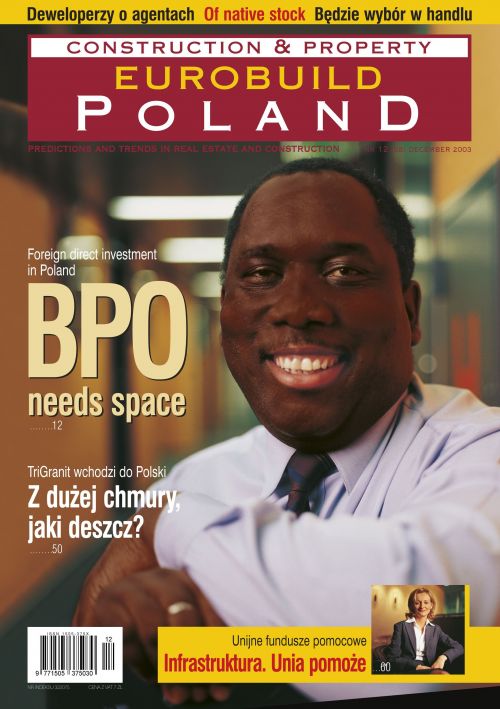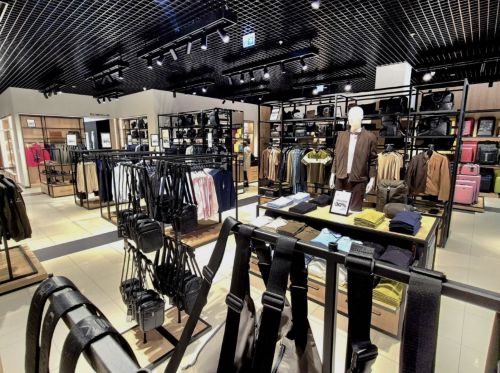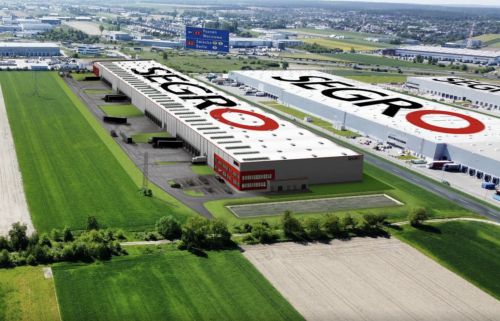Back in July this year, Eurobuild reported that the Silesia Park retail and
leisure centre in Katowice had gained a new owner, in the form of the
British/Dutch group of investors calling themselves Moonfleet. Everything
was set up for a bright future for the project after the sale and Peter
Long, Director and Country Manager of Chelverton International, (who with
Lend Lease, through Chelverton Properties International N.V and its
subsidiary Katsina B.V, were the scheme's original investors), was
apparently delighted that Moonfleet were making the investment. Now it turns
out they're not: TriGranit are and according to its Chief Executive Officer
Todd Cowan, they've "reached and signed an agreement with Lendlease to
purchase the property and will close before the end of 2003". So what
happened?
Move over
"They pushed us out of the way," says Christopher Samuelson of Moonfleet,
adding that his firm are to take legal action against TriGranit, who




























































